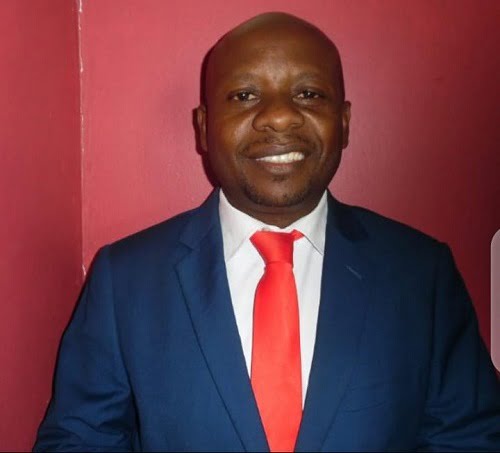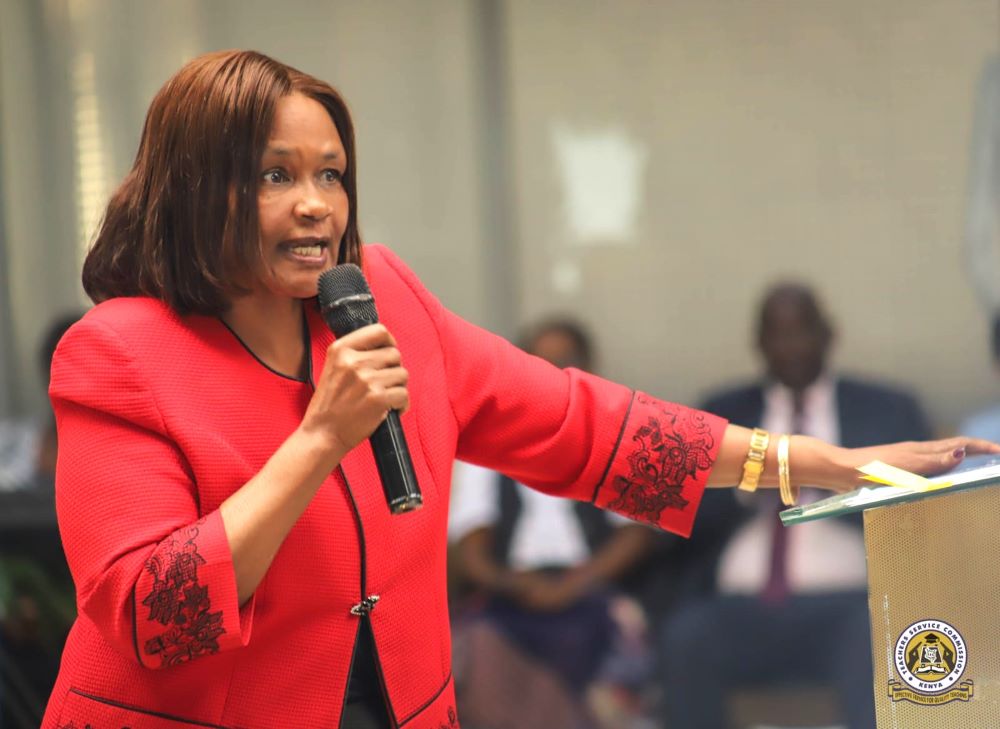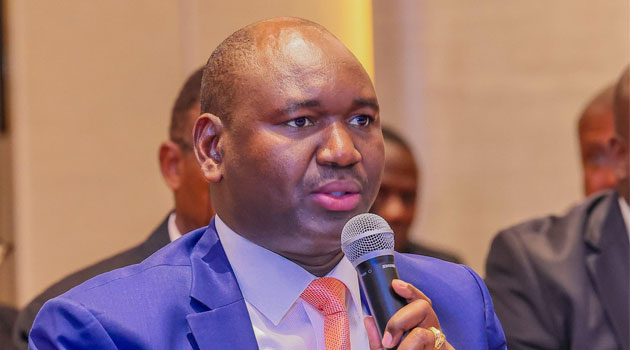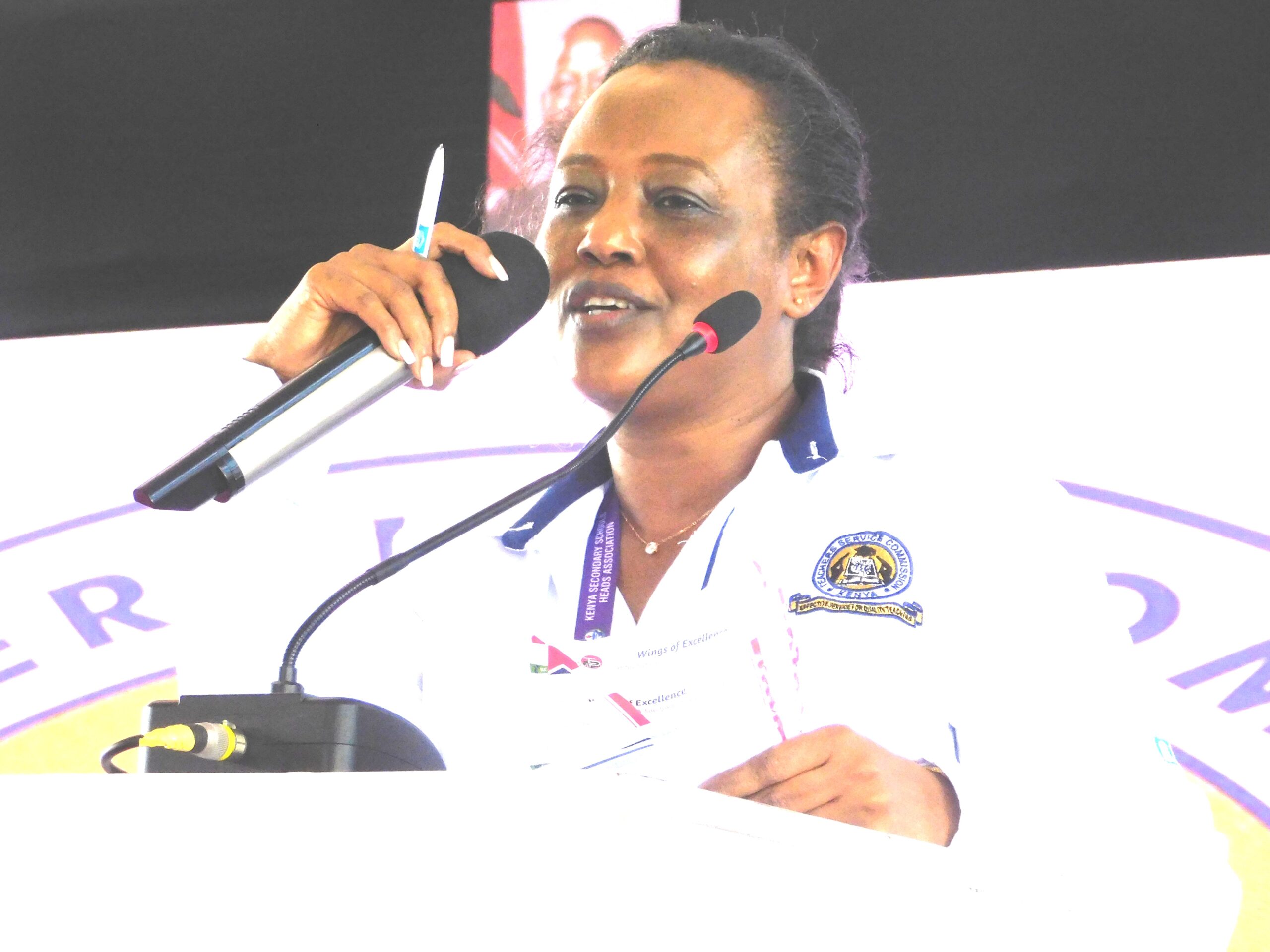Teachers who were recently trained to mark KCSE exams are disappointed that they were not invited to take part in this year’s exercise after spending a lot of resources on the training.
The teachers, most of whom are believed to be youthful and teaching in Junior Secondary School (JSS), had high hopes of getting early exposure to the rigours of marking in their relevant teaching areas.
Kenya Union of Post Primary Education Teachers (KUPPET) Vihiga Executive Secretary Sabala Inyeni, coming to their defence, said it was unfortunate that KNEC gave them a wide berth after spending their hard earned money to train.
Inyeni expressed his concerns over the Council’s move to retire most of the teachers who had not even started working, adding that they will be demanding explanations from KNEC over the confusion.
“The teachers who have been left out are the most youthful. Yesterday, the teachers woke up to this sad development with their KNEC portals reading ‘retired’. How do you retire someone who has not even started working?” Sabala wondered.
The teachers now want the exam body to come clean on this matter amid claims that the “retirement of examiners” may have targeted a few parts of the country.
His Kwale counterpart Leonard Oronje expressed concern over the Council’s decision of training more examiners, knowing very well it will not use them.
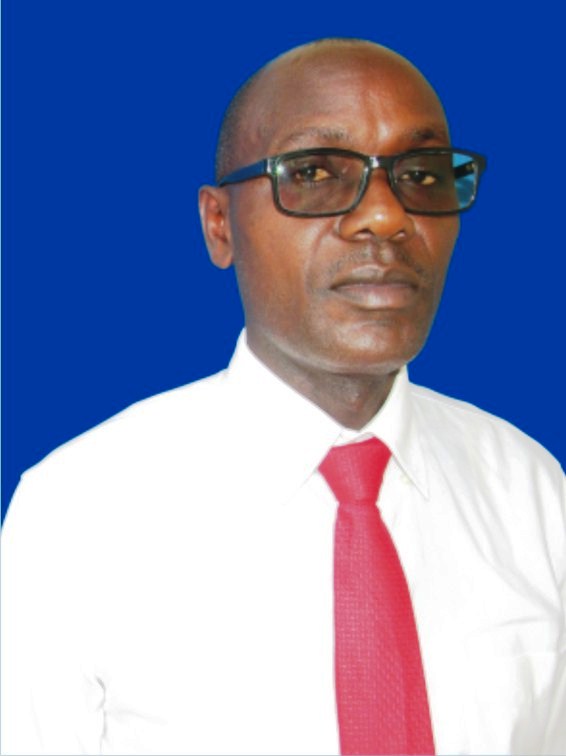
“So many have been trained in the past but have never been given an opportunity to grow in the profession. Excluding a section of the examiners from the marking process and putting them on the waiting list … is just being clever. This will not solve the deep-seated problem of poor working conditions and poor and late payments,” he said.
KNEC normally trains examiners who are teachers annually, with shortlisted teachers being required to pay a training fee of 10,500.
For qualification, a teacher must be registered and/or employed by the Teachers Service Commission (TSC) and have a diploma in education and above.
They must also have a minimum teaching experience of three years and not on interdiction or any other form of disciplinary action, and must be recommended by their head of institution. They must be 50 years and below.
This year, the Council held the training between July and August.
By Roy Hezron
Get more stories from our website: Education News
To write to us or offer feedback, you can reach us at: editor@educationnews.co.ke
You can also follow our social media pages on Twitter: Education News KE and Facebook: Education News Newspaper for timely updates.
>>> Click here to stay up-to-date with trending regional stories


